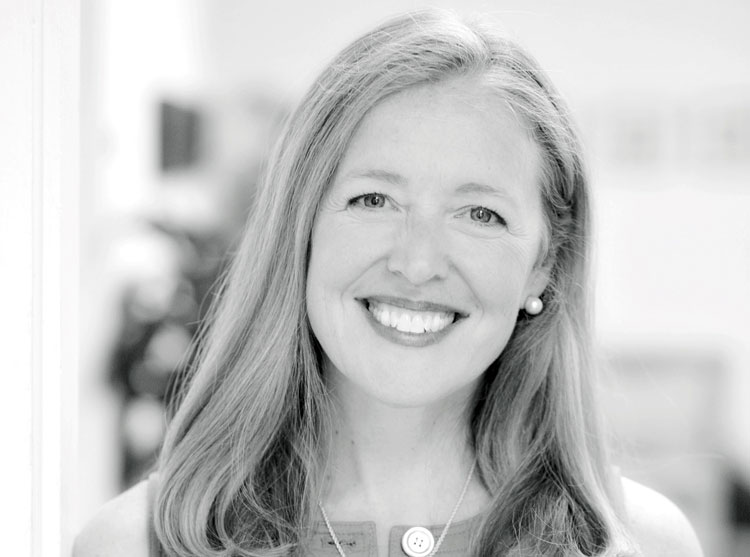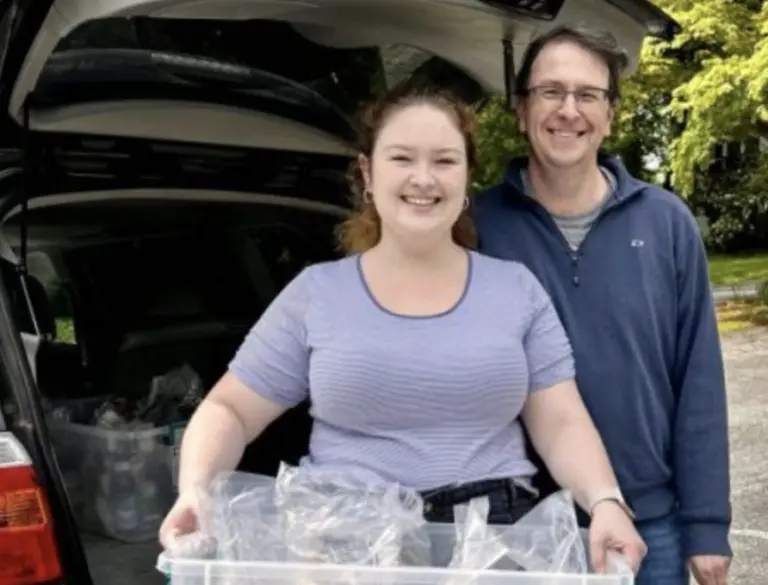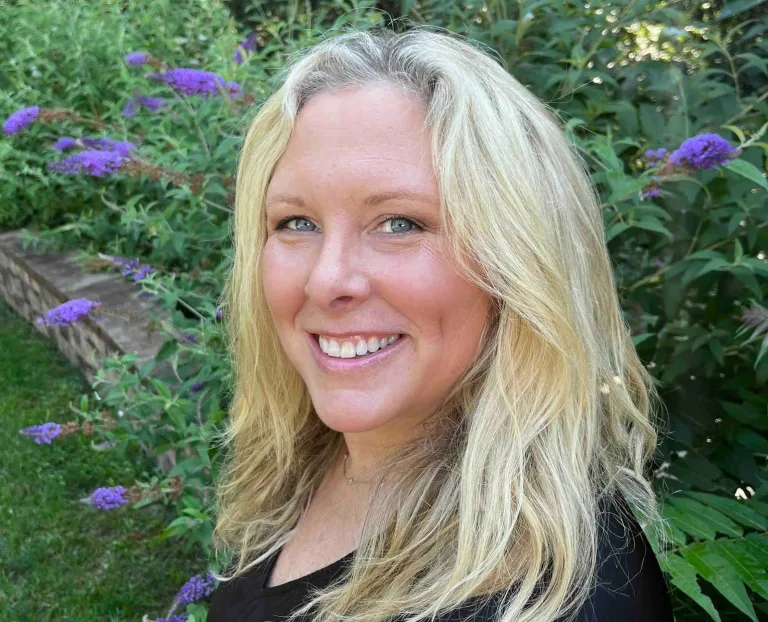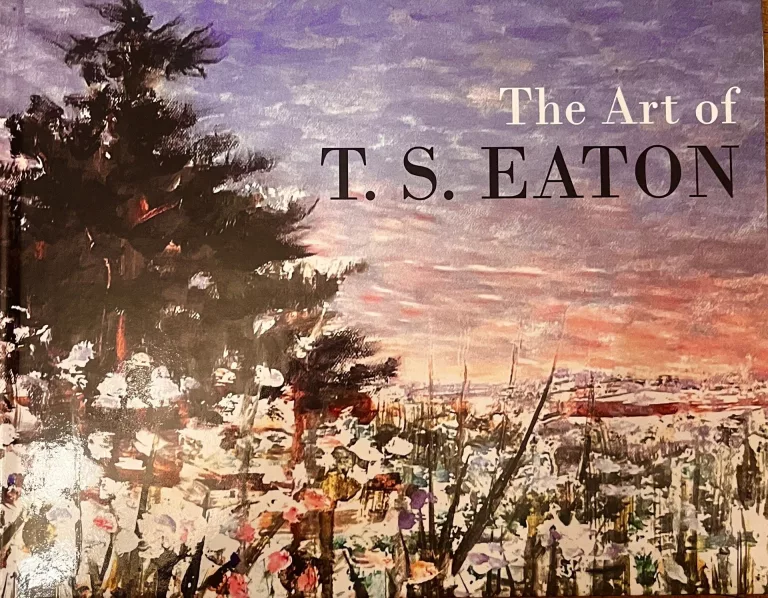
By Heather Wright
Mishpat. I thought I had studied enough Hebrew in seminary, in study, and in teaching that I would have come across this word before, but if I had it was far back in my land of lost memories.
We were 42 pilgrims, many associated with Stanwich Church, who traveled through time zones and Istanbul on long flights to arrive in Israel, or as we called, “The Holy Land.” There is so much to be said for that incredible part of the world, which seems in the center of so many different agendas and concerns. It has been my experience that when you leave there you are changed, your heart is tied to Jerusalem, the City of Peace/wholeness, and you feel compelled to pray for God’s peace for all people.
Upon return, the work of the pilgrim is to find a way to integrate in one’s daily life, some of the truths encountered in that sacred space.
In an attempt to savor the trip, I have been reading a book called, Jesus: The Pilgrimage by James Martin, SJ.
In it he describes how a friend summed up perfectly what going to the Holy Land would mean to him. He said that it is like going home for the first time with a dear friend and seeing them in their context with their people. You will never see your friend in the same light again.
The picture of who they are gets filled out. I have now been on a boat on the Sea of Galilee, saw the rocky remains of ancient Capernaum, a favorite spot of Jesus’ ministry, and walked the streets of Jerusalem, much the way the people of God have done for centuries. These places are not only on my camera, but I was there and can see it on a widescreen in my mind’s eye.
Our guide, a long-time experienced Israeli guide and Hebrew professor, also a dual citizen, told us you will leave a part of you here. I didn’t understand him at the time, but upon my return I believe I know what he was saying. I did leave a little part of my heart there. That land has a special place in God’s heart as a site for pilgrims from all three monotheistic religions.
This was my second trip to Israel. My first trip was with an Episcopal church in Darien, a few months before I started seminary at 22 years old.
When I gave birth to my daughter, I knew that on my bucket list would be take her to the Holy Land and to share that experience with her. I wanted it to be early enough that I could still get her on the plane when all the demands of teen and young adult years weren’t all consuming, but also late enough that she would have strong memories of all that she would encounter. I know for me, it changed the way I read the Bible.
These weren’t just difficult names to say, they were the places that stood just outside the city gate, on the adjoining hill, a stone’s throw from the road to the desert. Geography and location shape stories. It is like being able to step your favorite storybook.
Can you imagine going through the wardrobe chest with the children of the Narnia series? As I imagine that might be, this trip was as magical and surreal. Stepping through the wardrobe to a land of surprise and challenge.
Having seen and been in these places, visited holy shrines, archeological ruins, felt the heat of the desert (especially in early July), and walking the same ground as the Biblical giants, we were afforded a perspective on the Scriptures that is unique.
The word “mishpat” means God’s justice. Our guide used it repeatedly and it became the mantra of the group. If someone handed someone else a water or gave them electrolytes in the 100+ degree heat, someone else would say, “mishpat.” I did some more study on this important word on my return, maybe it is one of the heart lessons I am meant to spend more time understanding and living. It is about God’s judgment but with lovingkindness. It is power and mercy combined.
When we work to bring God’s mishpat to the world, setting things right, helping the oppressed, caring for our neighbor, the reign of God is made real and manifest. In our words and actions, we can embody God’s love, which is a journey of the heart we can all take whether we visit the Holy Land or not.
While conflict outside and within looms large in the lives of all who live there, the proximity of people of difference living so close, makes one long for a road to peace and harmony.
The Rev. Dr. Heather Wright is executive director of the Greenwich Center for Hope and Renewal and the author, with George Faller, of “Sacred Stress: A Radically Different Approach to Using Life’s Challenges for Positive Change.”





